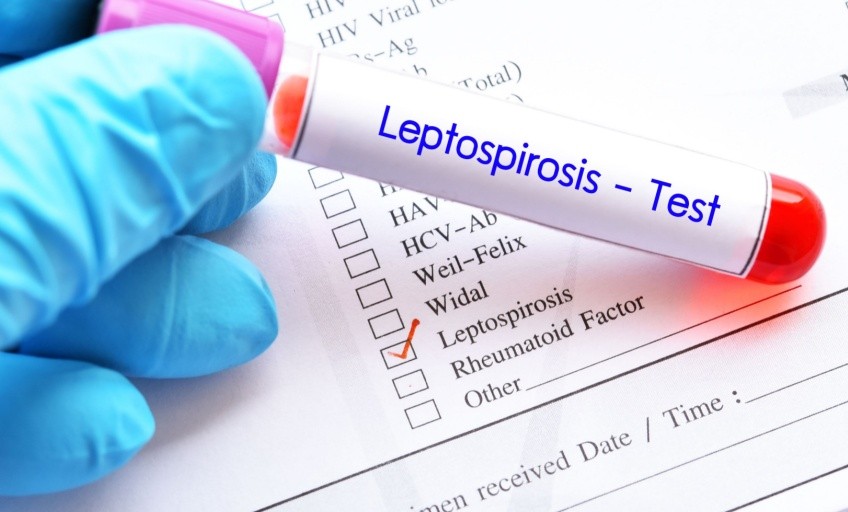World Hepatitis Day is observed on the 28th of July to spread awareness about this condition. Hepatitis B is liver inflammation or swelling caused by the Hepatitis B virus (HBV). It is a global public health threat and the world’s most common serious liver infection. Two billion people around the world have been affected by the Hepatitis B virus.
What you need to know:
- What is Hepatitis B?
- Hepatitis B symptoms
- Understanding the causes of Hepatitis B
- Effective treatment options for Hepatitis B
- Living a healthy life with Hepatitis B
What is Hepatitis B?
Hepatitis B is a viral infection that attacks the liver and can cause both acute and chronic disease. Hepatitis B virus (HBV) can spread through contact with an infected person’s blood, open sores, or body fluids. If you are infected with mild symptoms of HBV that last 6 months or less, your body will fight off the virus – you will be immune for the rest of your life and never get diagnosed with Hepatitis B again. But If you are diagnosed with it at birth or when you are younger than 6 years of age, Hepatitis B can become a long-term chronic condition. It can lead to liver failure, cancer, or can even be fatal. There’s no cure for chronic Hepatitis B. However, vaccinations can protect you from getting infected with this condition.
Hepatitis B vs Hepatitis C
The Hepatitis C virus (HCV) causes Hepatitis C. Hepatitis B and C have similar symptoms and you contract this condition through contact with the blood or body fluids of an infected person. The main difference between Hepatitis B and C is that there’s a vaccine for Hepatitis B, but not for Hepatitis C. The best way to prevent HCV is by not sharing syringes with others.
How does Hepatitis B spread?
You get diagnosed with Hepatitis B when you come in contact with the blood, spit, semen, or other body fluids from a person infected with HBV. Its transmission can happen through saliva, but it doesn’t spread through hugging, sharing food or water, sharing utensils, coughing, sneezing, or nursing.
Hepatitis B symptoms
If you contract HBV, you may have varied levels of symptoms, which include:
- Fever
- Fatigue that lasts for weeks or months
- Loss of appetite
- Nausea
- Vomiting
- Belly pain
- Dark pee
- Light-colored stool
- Joint pain
- Jaundice (Your skin or the whites of the eyes turn yellow.)
Acute Hepatitis B
You contract acute Hepatitis B usually within the first 6 months after you have been exposed to HBV. This is a short-term illness with either no or only mild symptoms. However, in some cases, the symptoms might become severe.
Chronic Hepatitis B

Chronic Hepatitis B is a chronic condition. The younger you are when you are infected with HBV, the more likely you are to have an infection. Chronic Hepatitis B can cause liver damage, cirrhosis, liver cancer, and death.
Understanding the causes of Hepatitis B
The most common causes of Hepatitis B include:
- Sharing needles, syringes, or drug injection equipment.
- Sharing toothbrushes, razors, or medical equipment (such as glucose monitors).
- Direct contact with the blood or open sores of a person who is infected.
- Sexual contact with a person who is infected.
- Contact with blood from needlesticks or sharp instruments used by an infected person.
- Being in a healthcare facility that doesn’t control infections well.
- From the parent to an infant during pregnancy and delivery.
Effective treatment options for Hepatitis B
If you have been exposed to HBV, your doctor may prescribe you:

An immediate dose of the Hepatitis B vaccine
Hepatitis B immune globulin (HBIG), which is made from antibodies against HBV from human blood
If you get infected with HBV as an adult for acute Hepatitis B, you will recover on your own. But if you have serious symptoms, your doctor may prescribe you the following:
- Pain medicines
- IV fluids
- IV nutrition
You may or may not need treatment for chronic Hepatitis B. However, if you have signs of liver disease, your doctor may prescribe any of the following:
- Oral antiviral medicines
- Interferon shots – You generally get multiple injections over 6-12 months.
- Liver surgery or transplant – if you have serious damage from an HBV infection.
Treatment can:
- Slow the advance of cirrhosis
- Reduce cases of liver cancer
- Improve long term survival.
- Most people who start hepatitis B treatment must continue it for life.
Living a healthy life with Hepatitis B
Hepatitis B is preventable with a vaccine. All babies should receive the hepatitis B vaccine as soon as possible after birth (within 24 hours). This is followed by two or three doses of hepatitis B vaccine at least four weeks apart. Booster vaccines are not usually required for people who have completed the three-dose vaccination series. The vaccine protects against hepatitis B for at least 20 years and probably for life. Hepatitis B can be passed from mother to child. This can be prevented by taking antiviral medicines to prevent transmission, in addition to the vaccine.
To reduce the risk of getting or spreading hepatitis B:
Practice safe sex by using condoms and reducing the number of sexual partners
Avoid sharing needles or any equipment used for injecting drugs, piercing, or tattooing
Wash your hands thoroughly with soap and water after coming into contact with blood, body fluids, or contaminated surfaces
Get a hepatitis B vaccine if working in a healthcare setting.
Whether or not you are taking medicine to ensure that you are living a healthy life with Hepatitis B, you must make a few changes to protect your liver, such as:
Avoiding alcohol.
Eating a healthy, balanced diet with a correct combination of vegetables, fruits, grains and cereals.
Limiting how much fat and sugar you eat and drink.
Check with your doctor before taking other drugs, herbs, or supplements because some can damage your liver.
Most adults who get hepatitis B recover fully within about 6 months. Infants and children who get hepatitis B are more likely to have a long-term infection. Prevention is better than cure, so get vaccinated. If you get a chronic infection, your doctor can help you manage your condition with medicine, ensuring you live a long, full life.
Stay tuned to the Activ Living Community. Keep up to date with the latest health tips and trends through expert videos, podcasts, articles, and much more on nutrition, fitness, mindfulness, and lifestyle conditions like Asthma, Blood Pressure, Cholesterol, and Diabetes. Activ Living ke saath sahi sehat ki shuruat ABHI karo.
You may also be interested in the following blogs:
Popular Searches
How to lower blood pressure | Fruits good for liver | Unhealthy foods | Ragi Benefits | Basal Metabolic Rate | Acupressure points for High Blood Pressure | Ayurvedic medicine for blood pressure | How to control cholesterol at home | Homeopathy for Asthma | Biological Age | Home remedies for TB | Natural beta blockers | Negative effects of internet | Types of walking | Blood pressure calculator | Blood sugar calculator | BMI Calculator





 1800-270-7000
1800-270-7000







